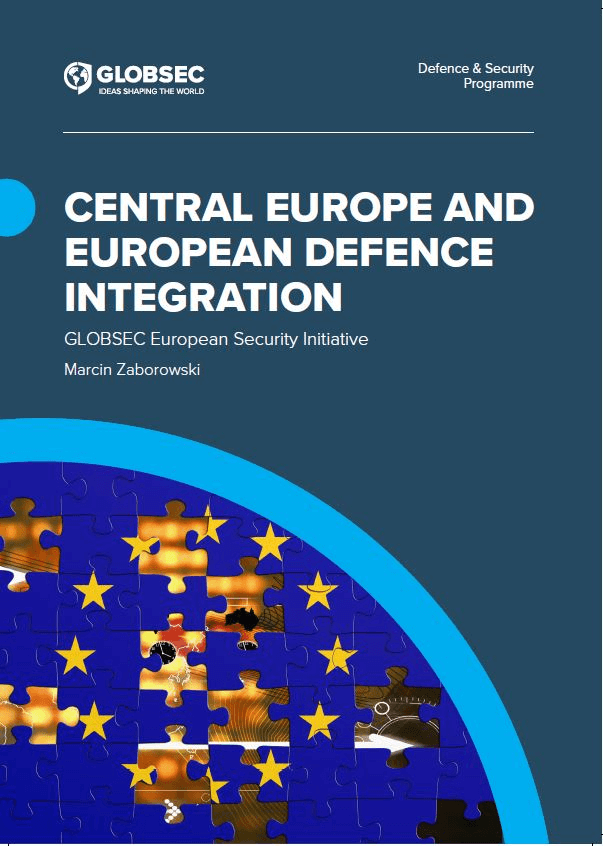GESI Central Europe and European Defence Integration

Since the end of the Cold War, eleven Central European countries have joined the EU. These include the four Visegrad nations (Czechia, Hungary, Slovakia, and Poland), the three Baltic States (Estonia, Latvia and Lithuania), the two East Balkan states (Bulgaria and Romania), and finally the two former Yugoslav republics (Croatia and Slovenia). Given that only 28 countries make up the entire EU, the eleven member size of the Central European group may seem like a large club. The population of the entire region, nevertheless, is less than 100 million compared to a population of 513 million for the entire EU in 2018.1 The economies of Central Europe are among the fastest growing in the EU – 9 of 12 of the EU economies experiencing the most robust growth come from the region. But they still have much catching up to do. It is suffice to say that the largest economy in the region – Poland – accounted for just 2.9% of the entire EU economy in 2018.2
Now 15 years following the completion of the first wave of EU enlargement to former communist countries, it is clear that Central Europeans members have impacted the dynamics of European integration and have in effect changed the EU, not least by shifting EU geopolitics eastwards. Central European countries are often divided amongst themselves and it is rather the exception for the 11to take a coordinated position on an issue of importance for the EU. However, on such occasions that they do act together - as on migration policy, climate change, and cohesion funds - they are usually effective.
Given their ex-communist legacy and the history of Soviet domination (with the exceptions of Slovenia and Croatia), it would seem reasonable to assume that the Central European countries would pursue a similar policy stance on issues of security and defence. To some extent this is expectation is matched by reality. All EU Member States from Central Europe are also members of NATO, all joining the Alliance ahead of their accessions to the EU. Most of these countries (with the exception of Slovenia) tend to be Atlanticist in their outlook although to a varying degree. However, as of today, Central European countries have not established a coordinated or consistent line on the issue of European Defence Integration. It is argued here that this is mostly on account two major factors. Firstly, despite their common ex-communist heritage, geography and geopolitics play a role in differentiating Central European states. Countries in the region, for example, express varying degrees of apprehension with regard to their perceived threat exposure to Russia. Secondly and relatedly, some Central European states have not treated issues of security and defence with a sense of urgency and priority (although this is changing).
This underlying context has instrumentally shaped the policies of Central European states towards the idea of European Defence Integration. However, the most important factor influencing the positions of Central Europeans is the current, still very loose, state of EU defence policy. As long as the Common Security and Defence Policy (CSDP) remains aspirational, it is unlikely that a group of states that is still predominantly interested in catching up economically with Western Europe will focus their attention on EU defence ambitions. This is particularly the case in a context in which these countries link their security first and foremost to NATO.
The purpose of this paper is to assess the positions of Central European nations towards the idea of European Defence Integration (EDI) and to recommend some ways forward to advance both the pursuit of defence integration in the EU and the interests of Central Europeans as part of this initiative. It is assumed here that EDI is not in competition and is in fact complementary to NATO. The future development of the EDI, while deemed necessary here, should avoid grant schemes – such as EU defence autonomy or the European army – which are unrealistic and may potentially undermine NATO. This is important in light of the fact that NATO remains the cornerstone of Central Europe’s security.



